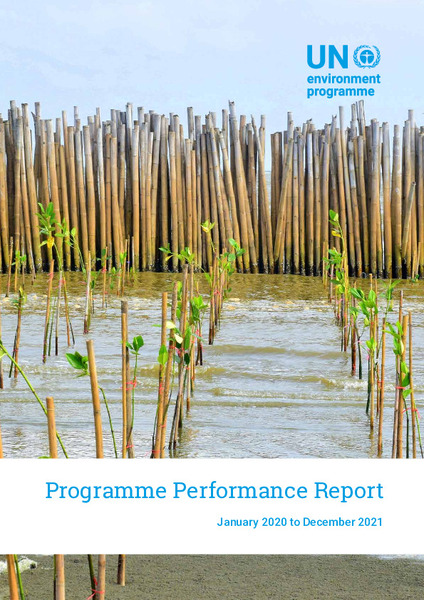Environmental Information Systems in Georgia
| dc.contributor | Science Division | en_US |
| dc.contributor.author | United Nations Environment Programme | en_US |
| dc.coverage.spatial | Georgia | en_US |
| dc.date.accessioned | 2019-08-04T08:22:48Z | |
| dc.date.available | 2019-08-04T08:22:48Z | |
| dc.date.issued | 1995 | |
| dc.identifier.isbn | 09-807-1519-4 | en_US |
| dc.identifier.uri | https://wedocs.unep.org/20.500.11822/29175 | |
| dc.description | Agenda 21, Chapter 40, on information for decision-making, outlines two program areas for bridging the data gap and improving information availability to ensure sustainable development. According to this guiding document, "relevant international organizations should develop practical recommendations for coordinated, harmonized collection and assessment of data on the national and international levels". The aim of this report is to assess the current status and general needs of the environmental information network in Georgia. The objective of the Assessment Report is to help "set up continuous and accurate data-collection systems and make use of geographic information systems, expert systems, models and a variety of other techniques for the assessment and analysis of data". | en_US |
| dc.format | Text | en_US |
| dc.language | English | en_US |
| dc.rights | Public | en_US |
| dc.subject | data analysis | en_US |
| dc.subject | database | en_US |
| dc.subject | economic aspect | en_US |
| dc.subject | environmental education | en_US |
| dc.subject | environmental impact assessment | en_US |
| dc.subject | environmental information | en_US |
| dc.subject | environmental monitoring | en_US |
| dc.title | Environmental Information Systems in Georgia | en_US |
| dc.type | Reports, Books and Booklets | en_US |





